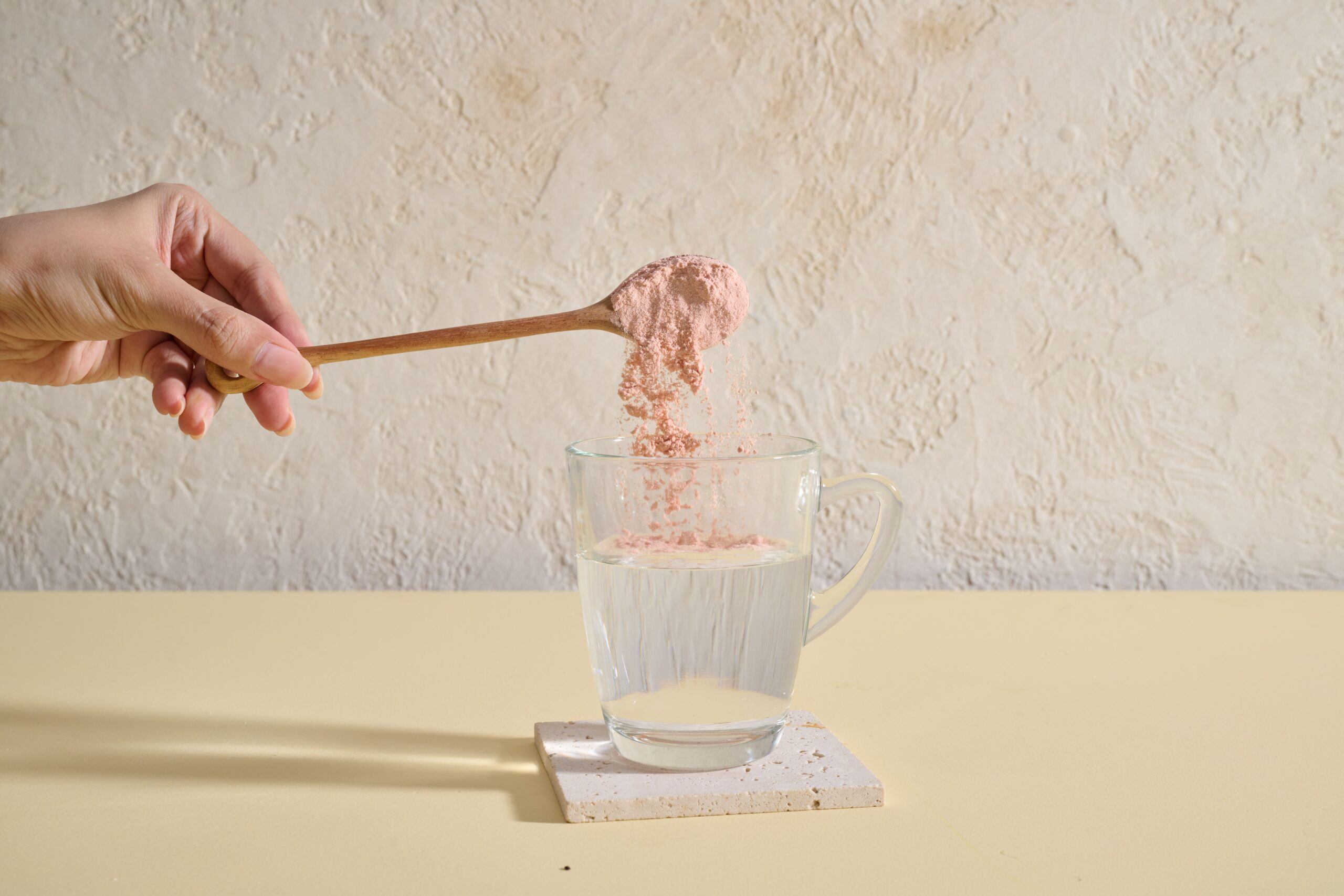Prolonged sitting poses significant health risks, but a recent study reveals that certain foods may mitigate these effects. Researchers from the University of Birmingham in England found that consuming flavanol-rich foods can help protect vascular health in men subjected to long periods of inactivity. This discovery is particularly important as the average person spends approximately 9.5 hours daily seated, which is linked to increased risks of heart disease and arterial plaque buildup.
The study highlights the role of diet in countering the negative impacts associated with sedentary behavior. According to Professor Catarina Rendeiro, a nutritional scientist and lead author of the study, “Our work suggests that drinking or eating a food high in flavanols can be used as a strategy to mitigate some of the negative impacts of sitting on the body’s arteries.” This insight encourages individuals to make healthier dietary choices during periods of extended sitting, such as in long meetings or while working at desks.
Understanding Flavanols and Their Impact
Flavanols are natural compounds found in foods like tea, berries, apples, and cocoa. They enhance the availability of nitric oxide (NO), a vasodilator that improves vascular function. Research indicates that the flavanol (−)-epicatechin, particularly abundant in dark chocolate and green tea, can increase the body’s production of nitric oxide, which relaxes and widens blood vessels. This process occurs through the activation of endothelial nitric oxide synthase (eNOS), an enzyme crucial for NO production.
Previous studies have shown that even a 1 percent reduction in vascular function can raise the risk of heart disease, stroke, and heart attacks by 13 percent. The recent study involved 40 healthy young men, divided into two groups based on fitness levels. Each participant consumed either a high-flavanol cocoa drink containing 695 mg of flavanols or a low-flavanol version with only 5.6 mg before sitting for two hours.
Researchers measured various indicators of vascular health before and after the sitting period, including Flow-Mediated Dilatation (FMD), blood pressure, blood flow, and leg muscle oxygenation. Notably, women were not included in this study due to potential hormonal variations affecting flavanol responses, with plans for future research to address this gap.
Significant Findings and Implications
Both groups consuming the low-flavanol drink experienced declines in blood vessel function and increased blood pressure, indicating that fitness alone does not shield the body from the adverse effects of prolonged sitting. In contrast, participants who consumed the high-flavanol cocoa maintained healthy vascular function throughout the two-hour period.
Professor Sam Lucas, co-author of the study and integrative physiologist, stated, “Our experiment indicates that higher fitness levels do not prevent the temporary impairment of vascular function induced by sitting when only drinking low-flavanol cocoa.” The results underscore the potential of flavanol-rich foods to support vascular health, regardless of an individual’s fitness level.
Incorporating simple dietary habits, such as drinking green or black tea, consuming fruits, or enjoying cocoa, can provide protective benefits for blood vessel function during periods of inactivity. This study represents a significant advancement in understanding how dietary choices can play a critical role in maintaining cardiovascular health.
As society increasingly grapples with the consequences of sedentary lifestyles, the findings offer a practical approach to enhancing well-being through nutrition. The research was published in the Journal of Applied Physiology in March 2023.
For those interested in contributing health stories or inquiries about flavanols, please reach out to [email protected].







